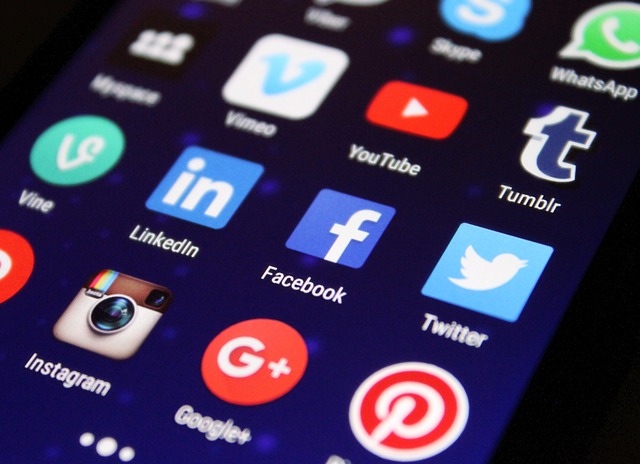Breaking the Chains: Understanding Social Media Addiction in the Modern Age
In an era dominated by constant connectivity, social media addiction has emerged as a pervasive issue affecting millions globally. The alluring nature of platforms like Facebook, Instagram, and TikTok creates a powerful grip on our daily lives. What was once a tool for communication and networking has transformed into a source of distraction that can lead to detrimental effects on our mental health, productivity, and relationships.
The impact of social media on our lives is profound. For many, these platforms offer an escape, a sense of belonging, and even validation through likes and follows. Yet, this can lead to an unhealthy cycle where individuals continuously seek approval, often overlooking real-world interactions. The instant gratification associated with social media can result in diminished attention spans and increased feelings of anxiety and inadequacy when faced with the barrage of curated lives presented online.
Social media addiction often manifests through compulsive behaviors—checking notifications at every waking moment, feeling anxious when unable to access accounts, or prioritizing online interactions over in-person relationships. As a result, individuals may find themselves spending countless hours scrolling through feeds devoid of genuine connection, leading to isolation despite being constantly connected.”
Moreover, the comparison trap set by social media can significantly affect self-esteem. The relentless highlight reels of others’ lives create pressure to measure up to unrealistic standards, fostering feelings of inadequacy. This vicious cycle can lead to a detrimental decrease in mental health, as users may engage in harmful behaviors to cope with their feelings of worthlessness.
Understanding the compulsive nature of social media is crucial in breaking this cycle. Recognizing the signs of social media addiction is the first step toward reclaiming control. It’s essential to establish boundaries—designating specific times for social media use, unfollowing accounts that induce negative feelings, and focusing more on offline hobbies and relationships can help regain balance.
In exploring viable solutions to combat social media addiction, mindfulness and self-awareness play pivotal roles. Taking time to reflect on how social media impacts daily life can lead to healthier use. Digital detoxes, where individuals consciously step back from social media for a predetermined period, can also foster a new appreciation for the world around them and rekindle genuine connections.
Furthermore, seeking support from friends, family, or professional counseling can offer invaluable insights and assistance in overcoming this addiction. Sharing experiences and strategies within a supportive community can significantly bolster one’s commitment to change.
By understanding the mechanics behind social media addiction, society can work together to foster a healthier relationship with technology, prioritize mental well-being, and ultimately break the chains that bind us to our screens. It’s time to reclaim our time, attention, and well-being in the age of social media.



